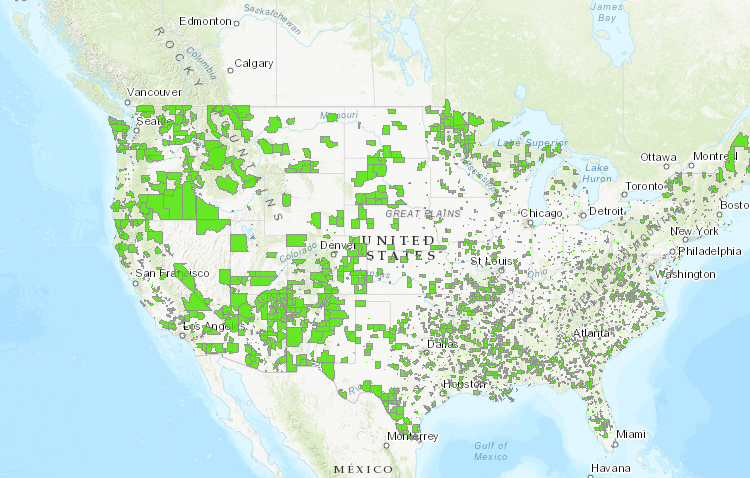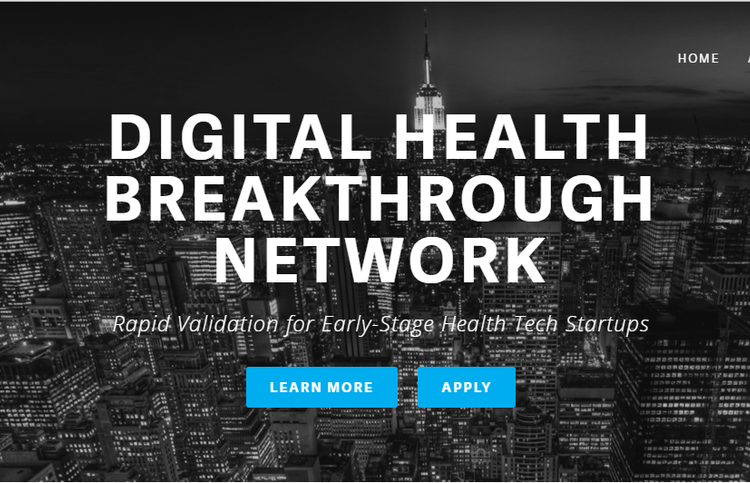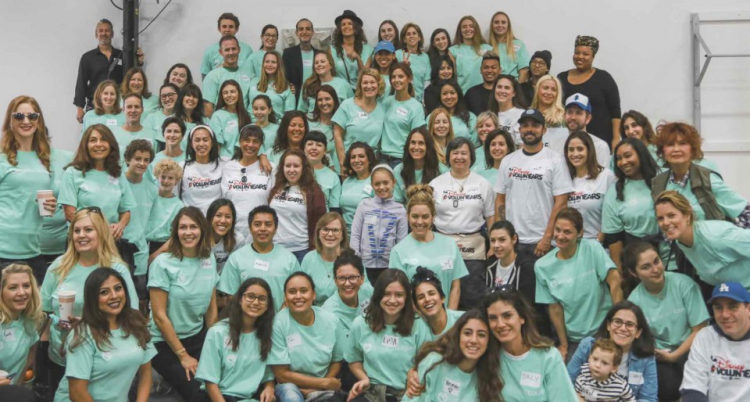1. Biased analysis → Misunderstood cause-effect In Biased Ways We Look at Poverty, Adam Ozimek reviews new evidence suggesting that food deserts aren’t the problem, behavior is. His Modeled Behavior (Forbes) piece asks why the food desert theory got so much play, claiming “I would argue it reflects liberal bias when it comes to understanding […]
1. Jason Zweig tells the story of randomistas, who use randomized, controlled trials to pinpoint what helps people become self-sufficient around the globe. The Anti-Poverty Experiment describes several successful, data-driven programs, ranging from financial counseling to grants of livestock. 2. Can an early childhood program prevent child abuse, crime, drug abuse, and neglect? Yes, says […]
1. Evidence standards → Knowing what works → Pay for success Susan Urahn says we’ve reached a Tipping Point on Evidence-Based Policymaking. She explains in @Governing that 24 US governments have directed $152M to programs with an estimated $521M ROI: “an innovative and rigorous approach to policymaking: Create an inventory of currently funded programs; review […]
1. Evidence → Social RCTs → Transformational change More progress toward evidence-based social programs. The Laura and John Arnold foundation expanded its funding of low-cost randomized controlled trials. @LJA_Foundation, an advocate for evidence-based, multidisciplinary approaches, has committed $100,000+ for all RCT proposals satisfying its RFP criteria and earning a high rating from its expert review […]
Recent developments in evidence-based decision making in the nonprofit/social sector. Practical ways to discover and exchange evidence-based insights. References, resources, and links to organizations with innovative programs. Data-Driven is No Longer Optional Whether you’re the funder or the funded, data-driven management is now mandatory. Evaluations and decisions must incorporate rigorous methods, and evidence review is […]
Photo by Fightfor15.org 1. SPOTLIGHT: Will $15 wages destroy California jobs? California is moving toward a $15/hour minimum wage (slowly, stepping up through 2023). Will employers be forced to eliminate jobs under the added financial pressure? As with all things economic, it depends who you ask. Lots of numbers have been thrown around during the […]
1. #rapidisthenewblack The need for speed is paramount, so it’s crucial that we test ideas and synthesize evidence quickly without losing necessary rigor. Examples of people working hard to get it right: The Digital Health Breakthrough Network is a very cool idea, supported by an A-list team. They (@AskDHBN) seek New York City-based startups who […]
1. Behavioral economics → Healthcare innovation. Jaan Sidorov (@DisMgtCareBlog) writes on the @Health_Affairs blog about roadblocks to healthcare innovation. Behavioral economics can help us truly understand resistance to change, including unconscious bias, so valuable improvements will gain more traction. Sidoro offers concise explanations of hyperbolic discounting, experience weighting, social utility, predictive value, and other relevant […]
2015 was kind to the ‘evidence-based’ movement. Leaders in important sectors – ranging from healthcare to education policy – are adopting standardized, rigorous methods for data gathering, analytics, and decision making. Evaluation of interventions will never be the same. With so much data available, it’s a non-stop effort to pinpoint which sources possess the validity, […]






